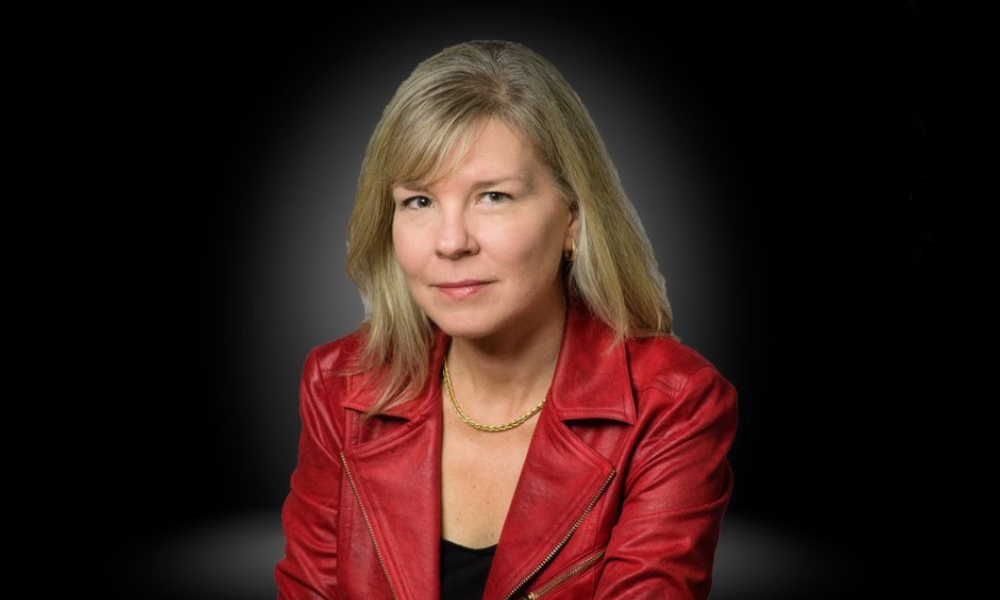
The LSO has released the full list of who is running in the 2023 bencher election

The Law Society of Ontario has released the full list of candidates running in the 2023 bencher elections, with two factions vying for control of convocation.
The FullStop slate is presenting itself as representatives of the “rank-and-file” and the alternative to an “arrogant, wasteful, and dictatorial” establishment. The Good Governance Coalition, for its part, states that “the law society’s responsibilities are too important to risk electing slate benchers.”
The LSO released the list on Monday, and out of 107 lawyer candidates running, 53 are from outside Toronto, and 54 are from inside Toronto. There are also 19 paralegal candidates.
The deadline for voting is April 28.
The FullStop team formally announced the launch of its campaign on Feb. 23. The slate is running 35 lawyer candidates and said it would also be endorsing several paralegals. Eighteen of the 2023 candidates also ran in 2019 as members of the StopSOP slate, which had organized into a coalition to repeal the LSO’s statement-of-principles requirement, and having done so, changed its name to FullStop.
Forty five candidates are running under the banner of the Good Governance Coalition to oppose FullStop. Law Times will be publishing an article focused on the Good Governance Coalition in the coming days.
“This bencher election is a contest between two slates with radically different visions,” says FullStop candidate Lisa Bildy. “The big governance slate represents the establishment. It believes that the Law Society should be a political regulator. Its candidates are committed to making the law society a woke institution. They insist the legal profession in Ontario is systemically racist. They expect lawyers to toe an ideological line to be permitted to practice law. The big governance folks approve of the path the law society has been on and want to proceed without opposition.
“Our candidates believe that, over time, the law society has lost its way,” she says. “It has become arrogant, wasteful, and dictatorial. We will reduce its bureaucratic interference in the business of members and firms. We will restore the law society to its core mandate of regulating competence and ethical practice. We will rationalize the budget and reduce its outrageous burden on its members. FullStop seeks to de-politicize the law society.”
The 22 Benchers elected under the StopSOP slate have delivered by repealing the statement of principles, despite being in the minority, says Bildy. But when it came to curbing “ideological imperatives,” reducing “budgetary excess,” and promoting transparency, she says that the slate faced opposition “at every turn.”
“For example, [StopSOP] sought to make public the salaries enjoyed by LSO executives,” says Bildy. “Members pay those salaries with their fees, and they should be entitled to know what their fees are used for, even if they would be shocked. But their efforts on that initiative and many others were shut down by other benchers who think everything at the law society is just fine.”
Following FullStop’s launch announcement last Thursday, the Good Governance Coalition put out a statement criticizing the slate as a risky bet given the gravity of LSO responsibilities and noting the diversity of its own coalition.
“The law society’s responsibilities are too important to risk electing slate benchers,” said Andrew Spurgeon, a GGC candidate and Hamilton lawyer. “Issues like our ability to self-regulate depend on benchers who take their fiduciary responsibilities seriously – and focus on the LSO’s mandate without being side-tracked. I’m confident that when lawyers and paralegals compare the diverse experiences and proven leadership of coalition candidates with the slate, they’ll see which candidates are up to the job of being a bencher.”
Spurgeon added that the GGC includes sole practitioners and lawyers from firms of all sizes, as well as law professors, NGO leaders and in-house counsel, and lawyers working at the Ministry of the Attorney General and in legal clinics. The statement notes that 64 percent of the GGC’s candidates are women, while only 20 percent of FullStop’s are.
FullStop’s campaign is a continuation of the task that began with the statement of principles, which was not only a “flagrant infringement of the independence of the bar,” but “emblematic of a political ideology which had seeped into the LSO,” said FullStop’s launch announcement.
“Given what we have seen from other regulatory bodies that did not have a group like the StopSOP slate to stem the tide, we know how this power will be used,” said Professor Bruce Pardy, a FullStop campaign leader and Queen’s law professor, who is not running in the LSO bencher election. “Competence is being reimagined through a political lens, and a new standard of practice is emerging: be woke, be quiet, or be accused of professional misconduct.”
Good Governance Coalition “members accuse the StopSOP movement of having politicized the LSO, when it was the imposition of political initiatives by the establishment that galvanized the slate to form in the first place,” says Bildy. “The establishment would like to go back to a time when they could just rubber stamp the agenda at Convocation and get on with an exquisite lunch. What will really put self-governance at risk is using the LSO's regulatory powers to push an ideological agenda on its members – not insisting on transparency and accountability. The FullStop slate will return the LSO to its proper role.”